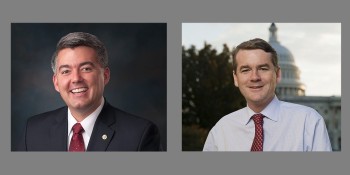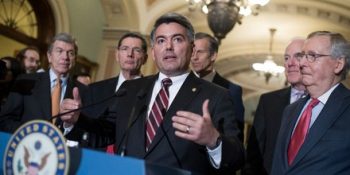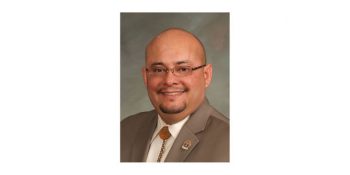WASHINGTON D.C. – Senators Cory Gardner (R-CO) and Michael Bennet (D-CO) today released the following statements after five Colorado-specific public lands bills were unanimously approved by the Senate Energy and Natural Resources Committee. Gardner and Bennet introduced the bipartisan bills earlier this year.
“Protecting and promoting Colorado’s public lands is not a partisan issue, and I’m proud to work across the aisle to move these priorities forward,” said Gardner. “Each piece of legislation is important to Colorado and I’ll continue to support efforts that will ensure future generations of Coloradans are able to enjoy our state’s natural treasurers.”
“Our public lands define Colorado and help drive our outdoor recreation economy,” Bennet said. “These bipartisan, commonsense bills will expand outdoor access and preserve and protect wildlife habitat for years to come. The Committee’s approval of these measures is a win for Colorado, and we’ll continue to work to advance these measures in the Senate.”
· The Bolts Ditch Access and Use Act (S. 285) would authorize special use of the Bolts Ditch headgate and the segment of the Bolts Ditch within the Holy Cross Wilderness Area, allowing the town of Minturn, Colorado to use its existing water right to fill Bolts Lake. This would solve a problem created in 1980 when Congress designated Holy Cross Wilderness area, but inadvertently left Bolts Ditch off of the list of existing water facilities.
· The Florissant Fossil Beds National Monument (S. 287) legislation will allow for enhanced wildfire protection as well as additional habitat for wildlife and recreational opportunities for visitors. Established as a national monument in 1969, the Florissant Fossil Beds National Monument is located west of Pikes Peak and less than 40 miles from Colorado Springs. The monument is home to diverse fossil deposits, maintaining a collection of over 12,000 specimens. It also provides recreational experiences and curriculum-based education programs for its visitors. A private landowner submitted a proposal to donate 280 acres of land adjacent to Florissant Fossil Beds Monument, but due to current law the land donation cannot take place. This commonsense legislation would permit a landowner to donate private land to Florissant Fossil Beds National Monument.
· The Wedge Act (H.R. 688) would aid the Forest Service in acquiring several parcels of land adjacent to Rocky Mountain National Park. This Act would help preserve critical wildlife habitat, Colorado River headwaters, and a highly visible view shed in the area commonly referred to as the Wedge.
· The Crags, Colorado Land Exchange Act (H.R. 618) is a federal land exchange where the Forest Service would acquire pristine land in the Pike National Forest allowing for more outdoor recreation near Pikes Peak.
· The Elkhorn Ranch and White River National Forest Conveyance Act (H.R. 698) would correct the discrepancy that took place from conflicting land surveys and require the Forest Service to convey acreage to private ownership that is rightfully private property, according to the Forest Service’s own conclusion and recommendation. For nearly 100 years, 148 acres of land has been used as private land even though it is included in Forest Service survey maps, and this legislation allows for the resolution between the Forest Service and the private landowner.






